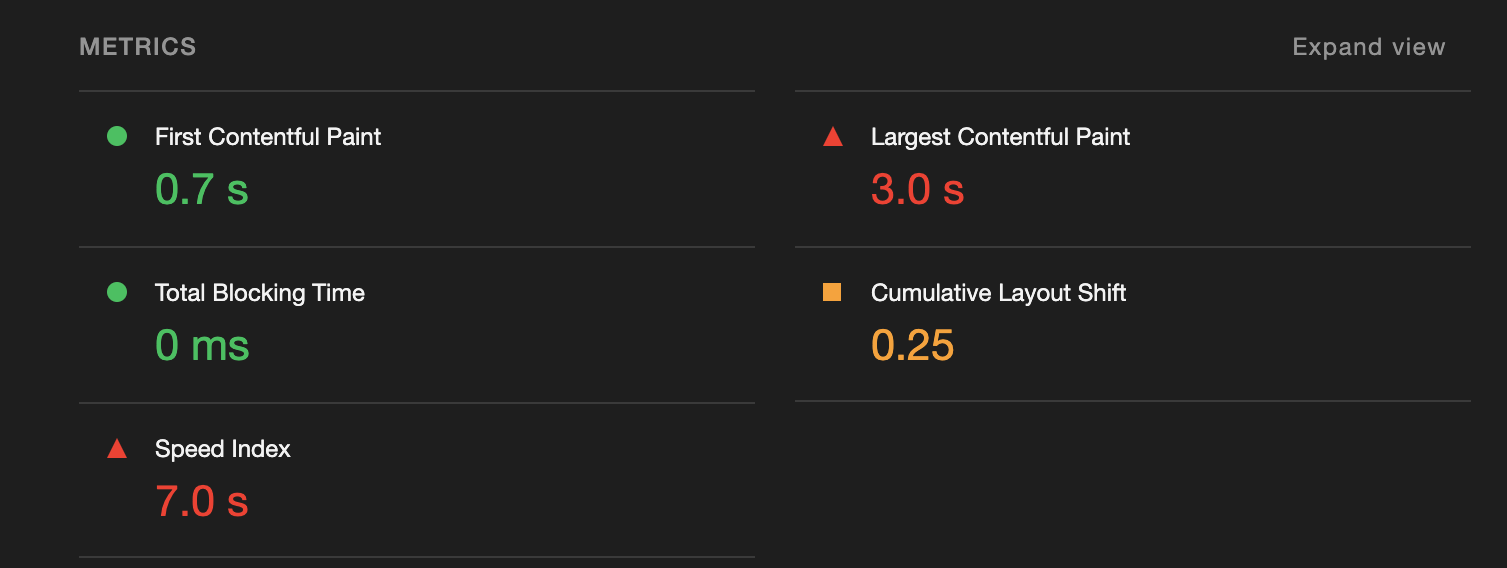A New Way To Search

Google’s been under a lot of scrutiny recently, as the company was found guilty in August 2024 of violating the US antitrust law and essentially monopolising search.
A prime example is that Google is the default search engine on Apple iphones – a deal which prevented Apple themselves from creating their own Search Engine – as this ultimately would result in a loss of $12 billion over 5 years.
Since the ruling, a lot has been learned about search overall, including ranking algorithms and this has wedged the door open slightly for the possibility of alternative ways to search in the future. Most prominently, ChatGPT which rolled out SearchGPT in July of this year.
User Intent over keywords

Don’t get me wrong – focusing on the keyword(s) you want to be found for is obviously a major part of SEO. But it goes much deeper than that. Google, and search engines in general, provide a seamless user experience to allow users to find what they’re looking for quickly – so they like it when a website takes this into account for it’s users as well.
For example, there are huge differences between somebody looking for information on a product and somebody else who is looking to purchase said product. Your content should reflect that. Algorithms reward sites with a good user experience – and if yours meets the needs and queries of your users perfectly, the only way is up.
Core Web Vitals

Technical SEO is the backend stuff that’s not necessarily thought of when people think about SEO. This falls more into the user experience side of things, as site speed accessibility and performance should be optimised for your site to be crawlable by search engines and usable by your visitors.
Slow-loading websites or even sites that don’t offer a streamlined mobile experience are penalised by search engines and could fail to rank entirely.
E-E-A-T (Experience, Expertise, Authoritativeness, Trustworthiness)

Finally, let’s discuss AI. AI is primarily trained on the most reputable, reliable sources on a certain topic around the internet. Sp, let’s say you’re a marketing manager for a company that specialises in ‘Water Purifying Machines’ and you’re tasked with creating regular blogs and articles on your website. In this scenario, you turn to ChatGPT to help produce an article (and lighten the workload, freeing you up to focus on other tasks) about the difference between Reverse Osmosis and De-Ionisation machines. Stick with me…
The AI will be able to put together an article for you using the most popular, common and reputable information it can on a topic so factual. So, why is this an issue?
Cut to – a digital marketing executive at a competitor company who wants to produce an article for their customers on ‘How To Choose Between Reverse Osmosis or De-ionisation Machines’. See where we’re going with this?
Using AI to help write content for your website on a regular basis, isn’t a crime – and to be fair, it’s not even ‘bad practice’, providing that it’s used more as an aid with appropriate prompts and information fed into it. The most important thing you can bring to your content is your personality and your expertise – and while an AI might be able to pull a lot of facts for comparison between your 2 machines – YOU’RE the key ingredient in producing content that your users want to engage with through Experience, Expertise, Authoritativeness and Trustworthiness (E-E-A-T).
This is where we’re headed as we draw closer to the end of 2024 – but for those SEOs that are in-the-know, changes come and changes go – it’s how you navigate the ever changing landscape that ultimately benefits your SEO efforts in the long run.




